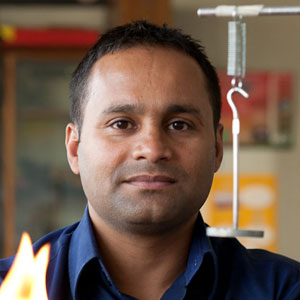
For the first time in the history of Northern Ireland, Catholics outnumber Protestants. That is to say, inhabitants who are either Catholic or from a Catholic background (an important distinction) now make up 45.7 per cent of the population, as opposed to their Protestant counterparts, who now make up 43.48 per cent.
It’s a more complex picture than it seems, given that religious faith is also on the decline in the country. Still, the results from the 2021 census, which were published in September, are still bound to ruffle some feathers. Since the country was split into north and south in May 1921, the six counties in Ulster were intended to have a permanent Protestant majority. But higher birth rates among the Catholic community have gradually closed the gap.
The erosion of the Protestant majority, and the blurring of religious and community divides, has provided the backdrop for more talk of a future border poll and the renewed prospect of a united Ireland. Under the Good Friday agreement, a secretary of state must call a referendum if it seems likely that a majority would vote for the region to leave the UK – although the wording is vague on how this would be ascertained. The Irish government, led by Sinn Féin, has pushed for clarity on the circumstances in which a border poll might be called. Sinn Féin, traditionally associated with the Catholic community, is now also the largest party in Northern Ireland.
But perhaps the most significant long-term change in the population in Northern Ireland is the rise of people of no religion, which stands at 17.4 per cent, according to the census. It should no longer be presumed that religious and sectarian identity are the most important factors for the majority. Pearse Doherty of Sinn Féin said there had to be plans for the future and noted that Brexit was a decisive issue. “More and more people want to be back in Europe, more and more people in terms of opinion polls are showing a desire for constitutional change,” he said. The head of the Ulster Unionist party (UUP), Doug Beattie, said that talk of a border poll was an “unhelpful and ill-timed” distraction from other problems, like the cost of living crisis.
The future of Northern Ireland is likely to rest with a new generation who defy easy categorisation – in terms of politics as well as religious beliefs. Young people today are more keen on Irish unity than older generations, and are also more likely to identify as non-religious. If the union between Northern Ireland and the rest of the UK is to survive, it will have to be firmly founded on secular ideals.
This piece is a preview from our New Humanist winter edition. Subscribe here.

